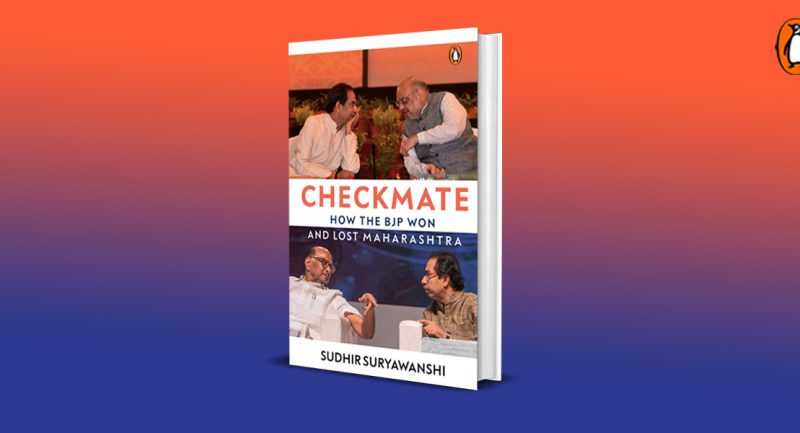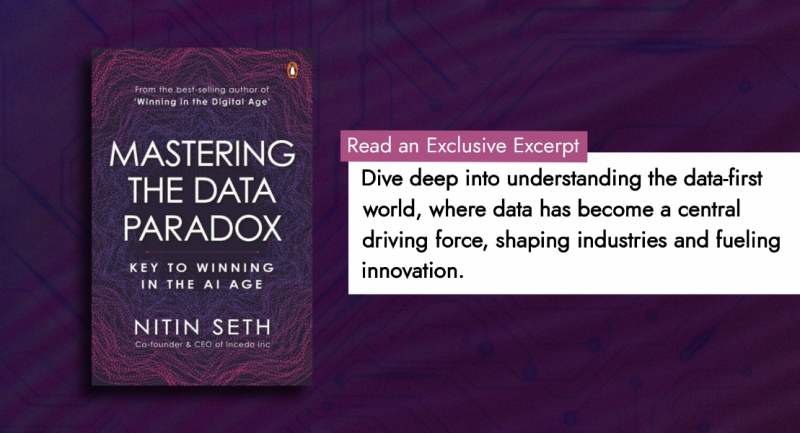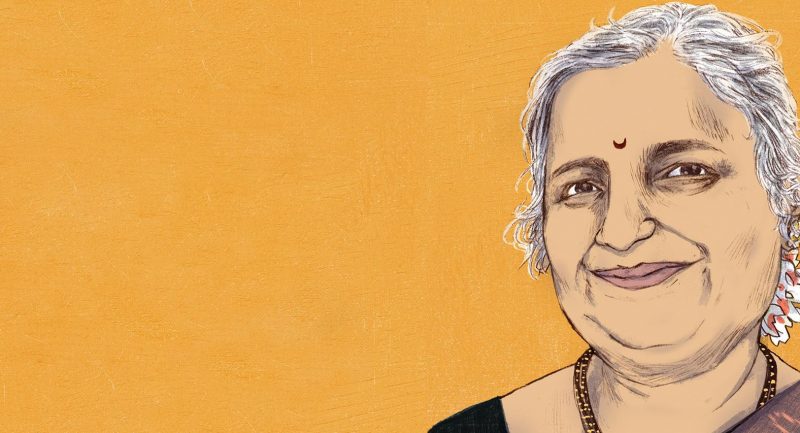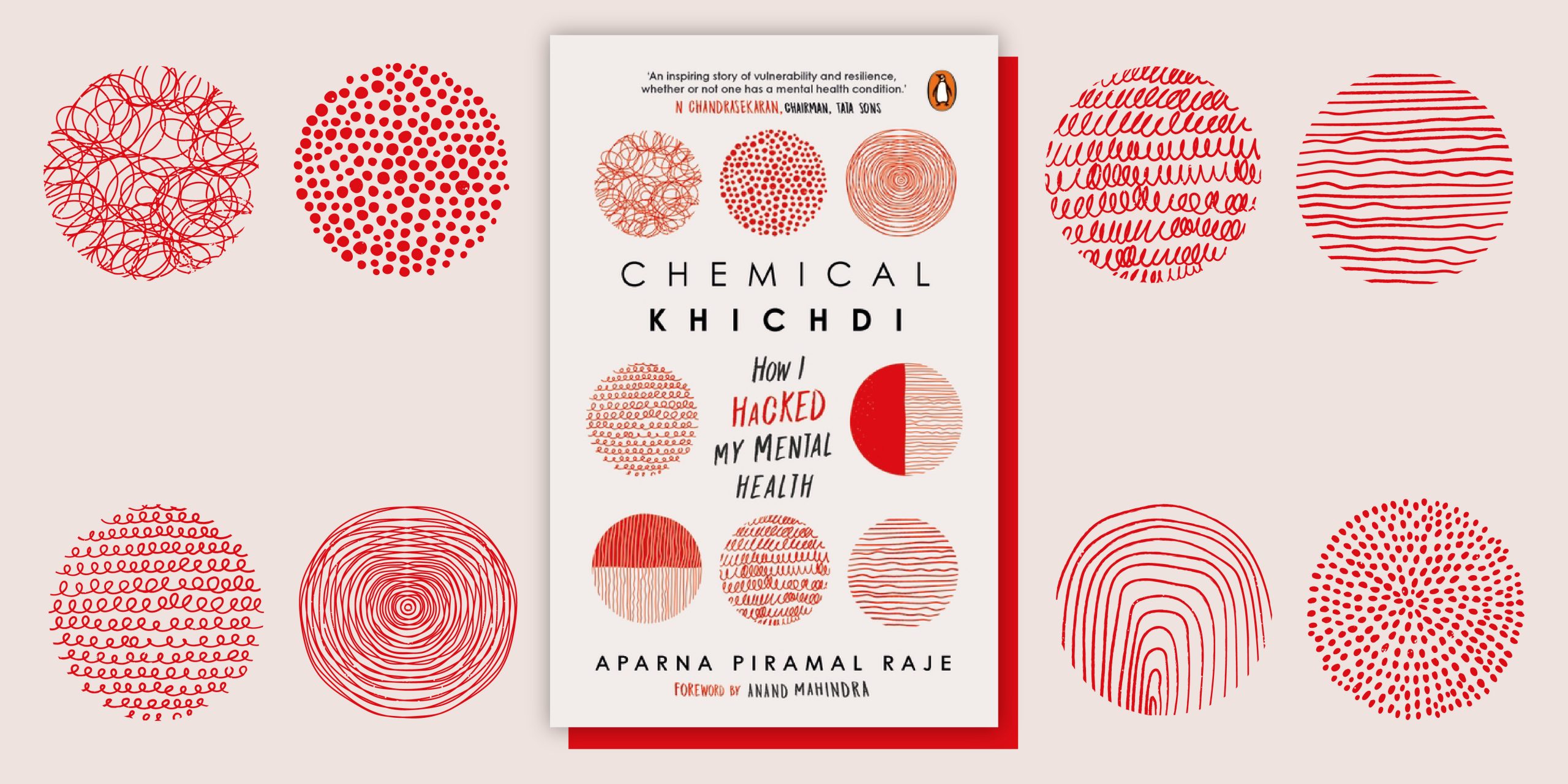
With a strong faith in the anecdotal as well as the scientific, Aparna Piramal Raje’s Chemical Khichdi is a unique entry to the Indian self-help canon. Mental health awareness still has a long way to go, but a greater scholarly understanding of bipolarity creates a stable foundation of destigmatization and support.
Below is an excerpt from the memoir.
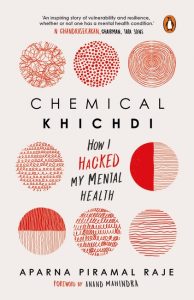
*
Summer 1997, Brasenose College, University of Oxford
‘Who would like to volunteer?’ asks the knife-thrower.
It is the annual end-of-year college ball, a night-long party that is as much part of university tradition as its historic libraries. This year the ball is circus-themed and Brasenose students are ready to celebrate. I have just finished a three-year undergraduate course in politics, philosophy and economics, and am looking forward to the ball. After all, the strenuous final examinations are over.
Now, in the middle of the night, I am taking a break from dancing and am seated in the college dining hall with friends when a professional knife-thrower asks for a volunteer to face his daggers. The daggers would put a set of kitchen knives to shame.
One of my friends raises my arm. ‘Aparna would like to do it!’
I turn to him and say, ‘Are you crazy?’
He says, ‘Go on, I know you can.’
The knife-thrower is a professional. All I need to do is stay still, I think to myself as I walk up to the target and position myself in the allotted spot. I am wearing a lime-green kurta, last worn at my cousin’s wedding six months ago. I wrap it tightly around me, making sure that none of the fabric is sticking out. I thank God for the UK’s National Health Service, hold my breath and wait. The spacious, wood-panelled dining hall, normally lined with dozens of chattering students, is equally silent.
A few seconds later, there is loud applause. The daggers were accurate and I was unflinching. My friends are very proud of me.
Crazy? Impulsive? Risky? I think this incident illustrates something more nuanced—my ability to stay calm and collected when needed, while pursuing ‘safe thrills’.
Oxford is known for its weekly ‘essay crises’, where students often stay up all night trying to complete their assignments. Final examinations at Oxford are known for their rigour. Despite these stressors, I was able to maintain my composure during the three-year undergraduate programme. A close circle of friends, a serious college relationship, lack of interpersonal conflict and a genuine interest in my chosen subjects were cornerstones of my emotional and mental equilibrium. The college relationship in particular was transformational on all counts; a wonderful way to grow and flourish as a young adult.
When it ended, a year after we left college, I could not sleep properly for days and I could not stop talking. It was obvious that I was not fully myself, with many racing and conflicting thoughts and emotions running through my head. Break-ups are significant life events for any young person. So perhaps it made sense to view my reaction, while out of character, as part of growing up and not a mental health issue. In other words, there was little to suggest then of the highs and lows to come—until the summer of 2000, before going to the Harvard Business School (HBS).
I was twenty-four then and had been working in sales and marketing with VIP luggage for three years. Midway through the year, I was accepted into HBS. The programme started in September. In the interim, I planned to take time off from the business to pursue a different sort of adventure: to intern with Randeep Sudan, a senior bureaucrat in the Andhra Pradesh government at the time. Mr Sudan worked closely with N. Chandrababu Naidu, then the chief minister of one of India’s most technologically progressive states. The internship was facilitated by a family friend and I was keen on learning about state-level governance, a completely unfamiliar subject.
Come July 2000, I found myself in Hyderabad, then the capital of Andhra Pradesh, staying as a paying guest in the home of Lakshmi Devi Raj. Over the next four weeks, I acquired two role models—my innovative and approachable boss, Mr Sudan, and my host, the sixty-eight-year-old joyful and independent Lakshmi Aunty. During the day, Mr Sudan ensured I worked on stimulating projects, such as how the state could attract more external investment.
At night, Lakshmi Aunty took me on a cultural and gastronomic tour of Hyderabad’s unique attraction: its larger-than-life parties. Musical evenings went on all night—I could not keep up with Lakshmi Aunty and her friends.
So it was a successful internship on all counts. My work was appreciated, so much so that Mr Sudan arranged for me to make a presentation to the chief minister and a large team at the end of my four-week internship. And two decades later, Lakshmi Aunty continues to remain a sprightly role model and a friend.
Yet inside, there was turmoil. I was consumed with anxiety and insecurity about my parents’ deteriorating marriage. By then it was clear there was a major estrangement, something that I had trouble accepting. I was also deeply unhappy about another relationship break-up; someone I had been seeing for nearly two years. And I was riveted by excitement about the success of my internship.
These emotions triggered the perfect storm.
My mounting excitement—the internship, Harvard—and my raw insecurities made me impetuous, restless and hypomanic. With all the idealism of a twenty-four-year-old, I was convinced I could change the world. Blurry as the past can be, I can still remember some of the half-baked thoughts and ideas that overtook my mind in the weeks before I was due to leave for Boston. I knew I could catalyse an omnipotent coalition of Indian companies and the government to rule global markets in the prevailing dot-com era, and started drawing up grandiose plans, scribbling away on bits of paper. Sleep disappeared as I felt invincible, restless and impetuous, going to bed late and rising early.
Kay Redfield Jamison, a renowned psychotherapist, bipolar patient and author of the classic An Unquiet Mind, says it best in her memoir. ‘My mind was beginning to have to scramble a bit to keep up with itself, as ideas were coming so fast that they intersected one another at every inconceivable angle. There was a neuronal pileup on the highways of my brain, and the more I tried to slow down my thinking the more I became aware that I couldn’t.’
My family was shocked at my behavioural change. ‘I know you so well. I’ve grown up with you. We shared a room for years. So to watch your face change, your eyes change, your mind change, in front of my eyes, was a terrifying experience. You behaved your whole life one way and then suddenly you started behaving another way, and you maintained that the new way is the real you, but Mom and I were saying, “No, something’s wrong, something’s different”. But you were holding on to your mood as the authentic truth. It created a friction like no other. Because we were saying something’s wrong. And you were saying nothing is wrong. That was the biggest clash. We didn’t know what it was, we were totally in the dark,’ recalls my sister Radhika.
Welcome to bipolarity.
*
Chemical Khichdi is available at your nearest bookstore and Amazon. Get your copy here!







